 As summer 2020 approaches, LA Social Science will be highlighting some of the summer courses being offered within the Division of Social Sciences at UCLA.
As summer 2020 approaches, LA Social Science will be highlighting some of the summer courses being offered within the Division of Social Sciences at UCLA.
UCLA Gender Studies will be offering the courses listed below. Visit www.summer.ucla.edu to enroll or email shogan@gender.ucla.edu.
Session A (June 22nd – July 31st)
185: Special Topics: Feminisms Online!
Instructor: Taryn Marcelino – TR 8:30-10:35
Course Description: Through a framework of keywords such as access, analog/digital, celebrity, censorship, data, fan, posthuman and more, the course will explore issues of authorship, spectatorship, and the ways in which digital content (film, television, blogs, video, advertising) enables, facilitates, and challenges marginalizing social constructions in society. Through feminist critique, students will research and analyze how the internet creates and contests stereotypes and ideas of difference, including exclusionary representations of the human, with a particular focus on how digital technologies are transforming popular culture. A variety of UCLA Gender Studies Department faculty will participate in this class, contributing lectures and other course materials.
M111 Womxn and Film: Lesbian, Butch, Trans, and Queer Media Narratives
Instructor: Candace Hansen – TR 10:45-12:50
Course Description: Cinema and television helps us make sense of our place in the world. Often it is through this artform we are able to come to realizations about lives and identities, and even imagine realities beyond our own. Why is it then that mainstream narratives surrounding queer women and trans people are monolithic, tragic, and lack nuance? In this course we will explore the relationship between sexuality, gender, and cinema, interrogating issues surrounding agency, authorship, and the consequences of tropes for lesbians, bisexual women, butches, trans women, trans men, non-binary individuals, and gender non-conforming people. Focusing primarily on American cultural production, we will consider the ways that race, class, and other elements of identity intersect with and influence cinematic depictions of queerness. We will look at independent as well as mainstream cinema, tv shows, documentaries, art films, and other sources to attempt to track queer narratives through the lens of gender studies, and imagine what the future of representation and film making might hold.
Other Session A offerings include (Gender Studies Core Courses fulfill Diversity Requirement):
- Gender 10 Intro to Gender Studies (GE) – Instructor: Dee Mauricio
- Gender 102 Power- Instructor: Shawndeez Jadali
- 101W Writing Gender: Indigeneity, History & Culture (Satisfies Writing II Req) – Instructor: Laura Terrance
Session C (August 3rd-September 11th)
M133C History of Prostitution
Instructor: Elizabeth Dayton – TR 1:00pm-3:05pm
Course Description: From a global historical perspective, this course will spotlight historical moments and figures within “the world’s oldest profession” to investigate how ideologies of race, class, gender, sexuality, empire, and globalization influence the dominant frameworks of prostitution policy. Beginning in antiquity and ending in the present day, we will trace changing attitudes towards prostitution from the vantage point of sex workers, moralists, medical authorities, and police officials. Course Topics will include: critical analysis of historical policies and attitudes towards prostitution (tolerance, regulation, criminalization, decriminalization); prostitution and the construction of empire(s) and borders (“white slavery” panic, trafficking policies, militarized prostitution & red-light districts); impact of pandemics/disease outbreaks on the sex industry (including syphilis, AIDS, COVID-19); and contemporary sex workers’ rights movements. The diverse contexts in which we will study prostitution may include but are not limited to: ancient Greece, medieval Europe, seventeenth-century Japan, London in period of Jack the Ripper, colonial India, and twentieth-century United States.
M107B. Studies in Gender and Sexuality. (5) Literatures of Resistance: Queer Punk As Method
(Same as English M107B and LGBT Studies M107B)
Instructor: Candace Hansen – TR 10:45am-12:50pm
Course Description: What does it mean when artistic work is world making? In Hansen’s M107B we will be thinking through queer punk as a method by looking at resistant literatures, things that are not just gay but queer, critical, and artful. In the true spirit of queer praxis, literature will not just be understood as written word alone in this course. Music, video, art, dance, performance, ritual, and collective experiences are all works of artistic merit and meaning, and contribute to a body of knowledge that shape queer and punk epistemologies and identities. We will read and analyze work from classic and contemporary creators, writers, musicians, skateboarders, zinesters, dancers, astrologers, and more to think about what it means to make queer art that is oppositional AND affirming AND community building. Work that is creating, critiquing, and negotiating power. Work that is responding to gaps. Students will write a paper and create an original work as part of their final grade.


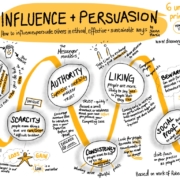
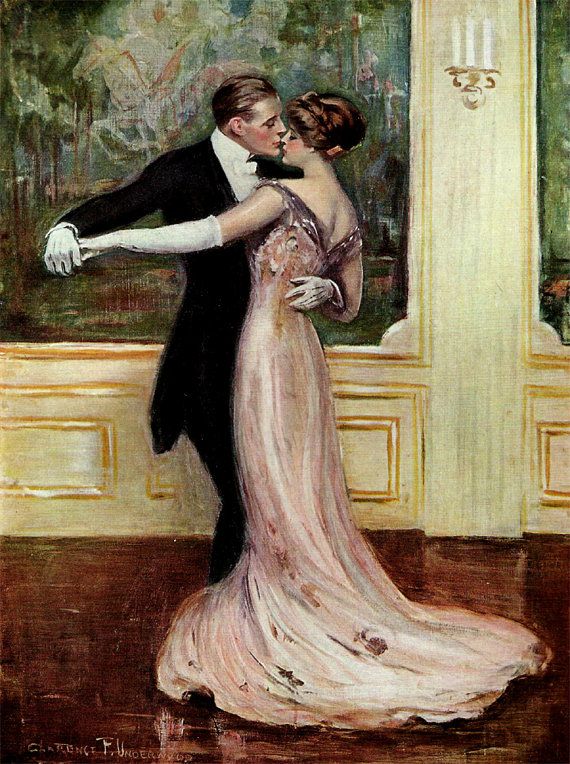 Check out Dr. Michael Suman’s UCLA ONLINE summer course,
Check out Dr. Michael Suman’s UCLA ONLINE summer course, 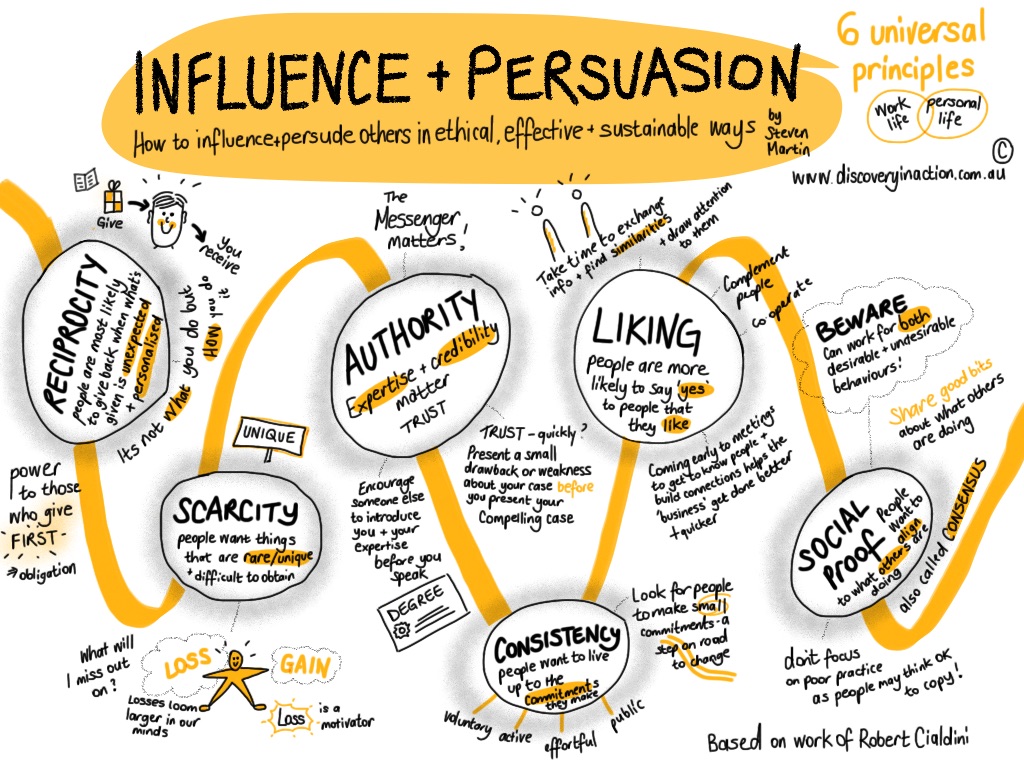 Check out Dr. Michael Suman’s UCLA ONLINE summer course,
Check out Dr. Michael Suman’s UCLA ONLINE summer course, 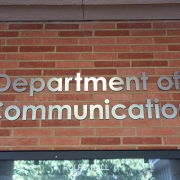
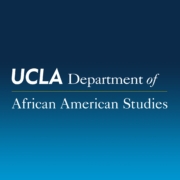

 As summer 2020 approaches, LA Social Science will be highlighting some of the summer courses being offered within the
As summer 2020 approaches, LA Social Science will be highlighting some of the summer courses being offered within the 